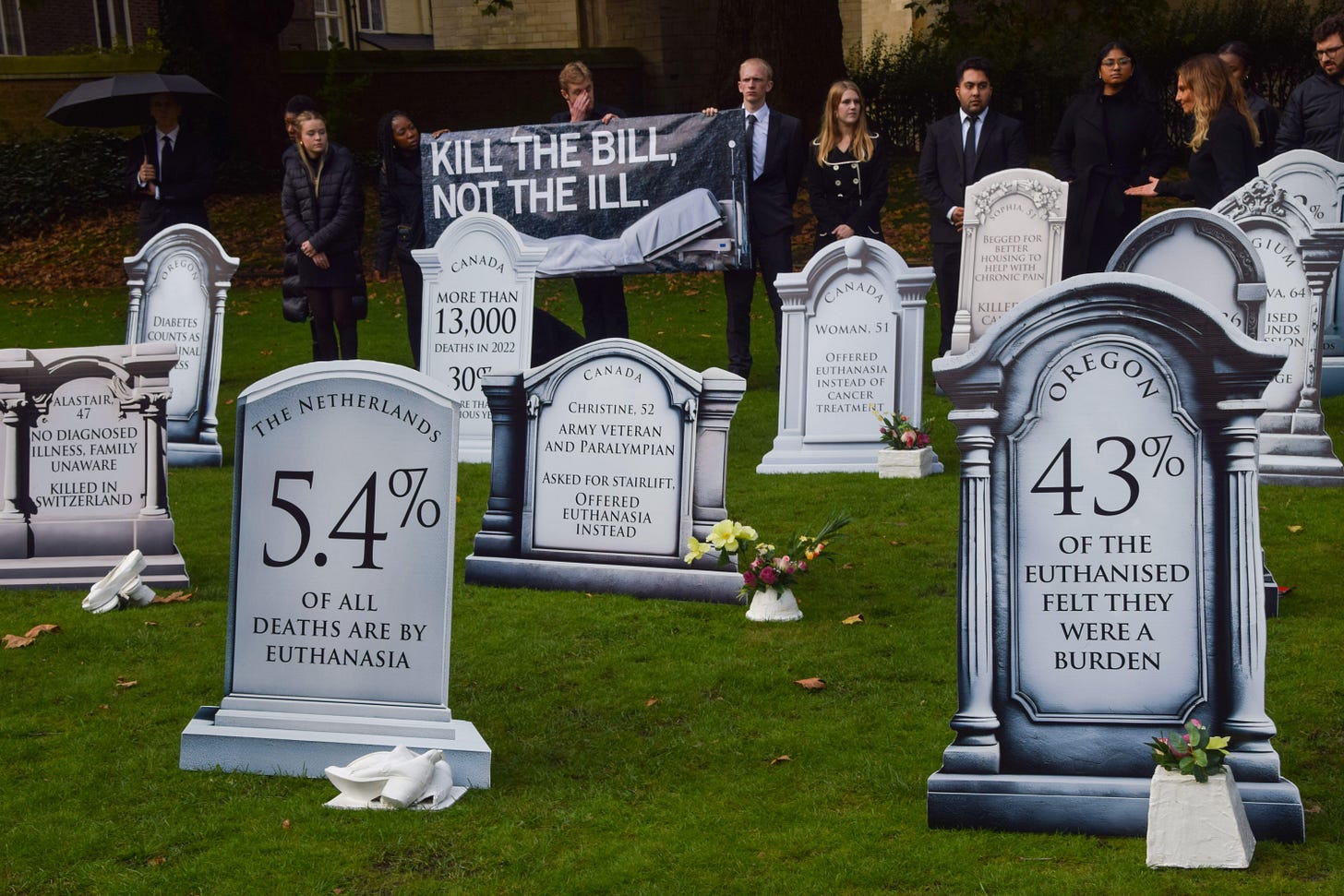British missiles strike Russia for first time as Kyiv gripped by false alarm
Long-range UK provided Storm Shadow missiles saw their first use today as the Kremlin engages in psychological war
A brief panic enveloped the city of Kyiv this afternoon as authorities issued a grave warning over the wailing of air-raid sirens that a “massive combined missile strike” was incoming.
Providentially, the “massive attack” never came to be as Ukrainian intelligence announced it was in fact a toothless “psychological operation” designed to torment the city. The unique alert however, along with the rare closures of the American Embassy and several others, put even the most war-worn residents on edge.
Although no stranger to attacks, Kyiv has good reason to be fearful as Russia has ramped up strikes on civilians in recent days. One particularly malicious strike on residential buildings in Odessa on Monday took 11 lives and wounded dozens more.
Putin’s psychological games and provocative strikes follow the week’s developments in which Biden, and then Starmer, agreed to allow their respective long-range missiles to be used against targets in Russia. Several of the American Atacms missiles crossed into Russian territory yesterday, and today pictures emerged from the Kursk region depicting fragments of a British Storm Shadow missile.
Russian foreign minister Sergei Lavrov said the introduction of these weapons brings about a “qualitatively new phase of the war” as, according to him, the missiles require satellite data, programming, and targeting input from American experts. When questioned on the veracity of Lavrov’s claim, the American State Department spokesperson offered a vague response, saying the “US has shared intelligence with Ukraine to improve their performance on the battlefield”.
The belief that Western intelligence is required for these strikes appears to have motivated Putin to alter Russian nuclear doctrine yesterday. Under the new provision, if Russia faces a “joint-attack” from a non-nuclear state and a nuclear one, it can respond with nuclear weapons – even if the enemy force has only used conventional means.
Putin and his cadres have issued many nuclear threats over the course of the conflict, and thus many world leaders are not taking his doctrine-change seriously. Top Republican allies of President-elect Trump are, however. Don Jr bemoaned Biden’s decision, saying on X, “The military industrial complex seems to want to make sure they get World War 3 going before my father has a chance to create peace and save lives”.
Biden and Starmer offer an alternative explanation, affirming that the introduction of 10,000 North Korean soldiers to the invasion served as the main motivator behind their policy shifts. Britain’s Storm Shadows will now allow Ukraine to strike troop formations, equipment, and bases 150 miles deep into Russia, while the American Atacms extend that range to 186 miles. While Moscow remains out of reach, numerous Russian cities could find themselves in the crosshairs.
Trump’s administration appears unlikely to allow such strikes to continue, thus it can be expected that many will be launched over the next eight weeks to maximise their impact. Although Putin has refrained from publicly expressing a willingness to compromise with Trump so far, Kremlin sources revealed to Reuters today that he is “open to a ceasefire”. The caveat being that Ukraine NATO membership remains non-negotiable. The report also affirms Republican fears, indicating that the Biden missile decision could complicate or delay any settlement.
Whether the long-range decision was motivated by Trump or not, the prospect of his Presidency has certainly shifted attitudes around the war. Top European diplomats and leaders are allegedly opening to the idea of trading Ukrainian land for a ceasefire, and Zelensky himself – while not offering up his territory – expressed his desire to find peace through diplomatic routes in 2025. The Ukrainian population is also showing signs of wear, as recent polling indicates a majority now favour peace talks over continuing the fight.
Josh Schlicht
Reaction Reporter
ON REACTION TODAY
Gerald Warner
Assisted Dying: the grim lesson from countries that have introduced it
ALSO KNOW
Europe fears debt crisis - The European Central Bank warned another eurozone debt crisis is imminent, unless the bloc succeeds in boosting growth, lowering public debt, and fixing “policy uncertainty”. The annual Financial Stability Review added that falling trust in politicians has harmed government’s ability to deal with economic shocks, pointing to France, which has “rekindled concerns about sovereign debt sustainability.”
British defence cuts revealed - Defence secretary John Healy announced £500m cuts in the defence budget, by scrapping old military equipment early. Older tankers, drones, assault ships and helicopters are on the chopping block. The shadow secretary criticised the scrap as “cuts, instead of a pathway to 2.5%”, referencing the GDP percentage defence target committed to by the Labour government.
Biden agrees to supply Ukraine with landmines - Alongside its decision to permit the use of long-range missile strikes on Russia, the Biden admin has announced it will send anti-personnel landmines to Ukraine’s vulnerable frontlines. International advocacy groups recoiled at the decision as landmines often leave lasting scars on communities for decades after conflicts end.
UK, US differ in UN ceasefire vote - Britain has deviated from the US in a UN Security Council vote, siding in favour of a resolution for immediate ceasefire in Gaza. The US veto was explained as resulting from a lack of assurance that the hostages would be released.
FIVE THINGS
Curated by the Reaction Team - Alexandra Luca
How gangsters took over Gaza’s aid routes, in the Financial Times
British farmers will face greater challenges than Labour’s inheritance tax reforms, writes Neil Ward in The Conversation
Trump’s shadow hangs over Ireland’s impossible-to-call election, writes Shawn Pogatchnik in Politico
What even is English painting, anyway?, asks David McAllister in Prospect
How Google spent 15 years creating a culture of concealment, reveals David Streitfield in The New York Times






Letting UK missiles be used to strike Russia is appalling stake-raising. Why is the UK supporting the outgoing US administration in this and risking retaliation of any sort, nuclear or otherwise?